1. Respect Your Elders
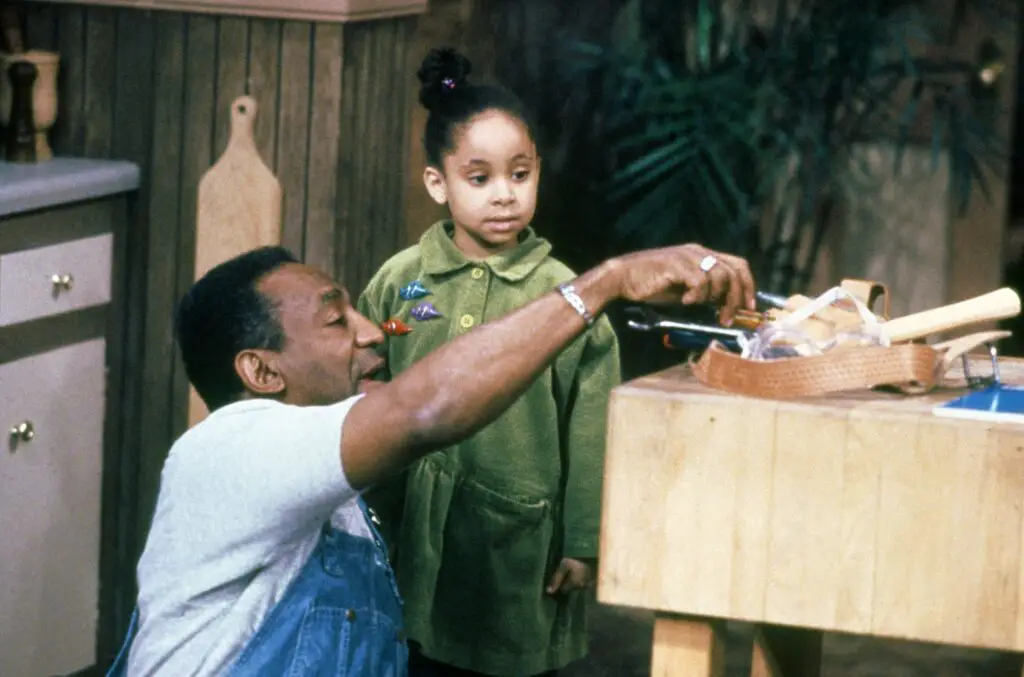
There’s an unspoken rule in Black households that elders come first—no questions asked. Whether it’s giving up your seat, letting them get their plate first, or just listening when they speak, it’s a built-in expectation. Talking back? Not an option. Even a slight side-eye could get you a swift reminder that respect isn’t optional. This respect extends beyond family, too—elders in the community get the same treatment. If an older neighbor needed help with groceries or advice was given, you listened and followed through shares Forbes.
And while it may have seemed strict as kids, most grow up realizing the value of it. That automatic deference fosters deep connections across generations. It ensures wisdom is passed down and traditions stay intact. More than anything, it teaches that respect isn’t just about words—it’s about action shares Smithsonian Magazine.
2. The Family Business Is the Family’s Business
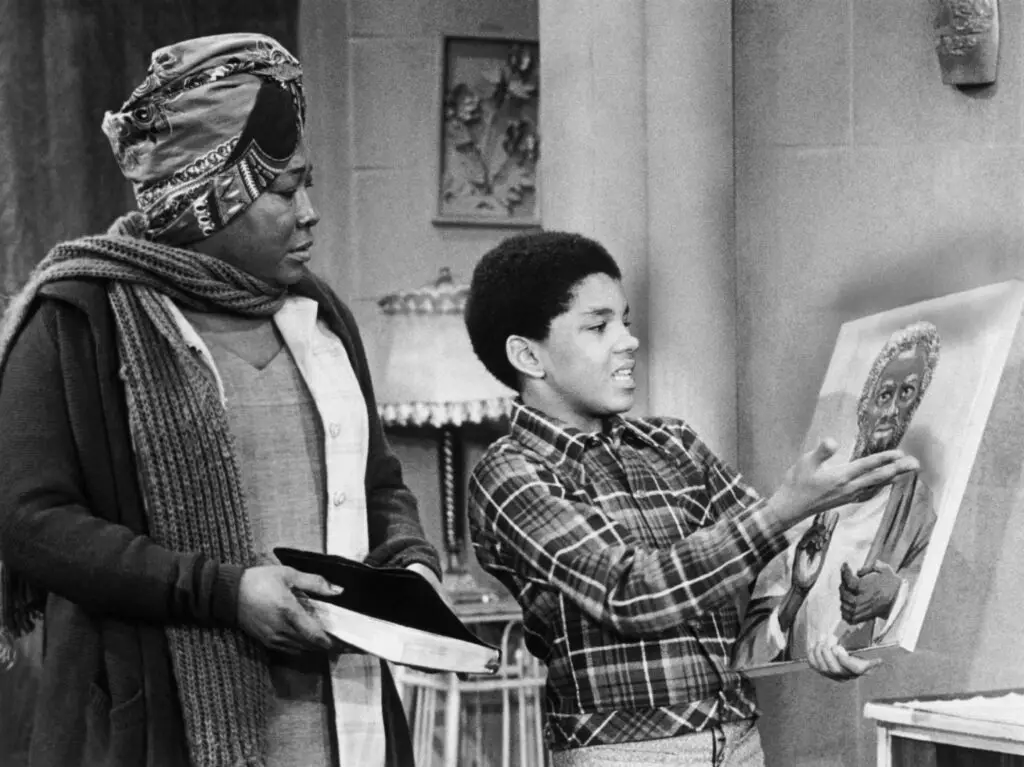
One of the quickest ways to get in trouble in a Black household is spilling family business outside the house. Kids learn early that what happens at home stays at home. Complaining about chores to friends or mentioning a heated discussion in school? That’s a fast track to an even bigger discussion when you get home. Privacy isn’t just encouraged—it’s expected according to Thrive Global.
This unspoken rule creates a sense of trust within the family. You don’t air out struggles to just anyone, and you definitely don’t invite outside opinions into household matters. Instead, issues get handled within, strengthening the idea that family sticks together through thick and thin. It’s a lesson that follows into adulthood, teaching discretion and the value of loyalty adds Washington Post.
3. Everybody Gets Fed
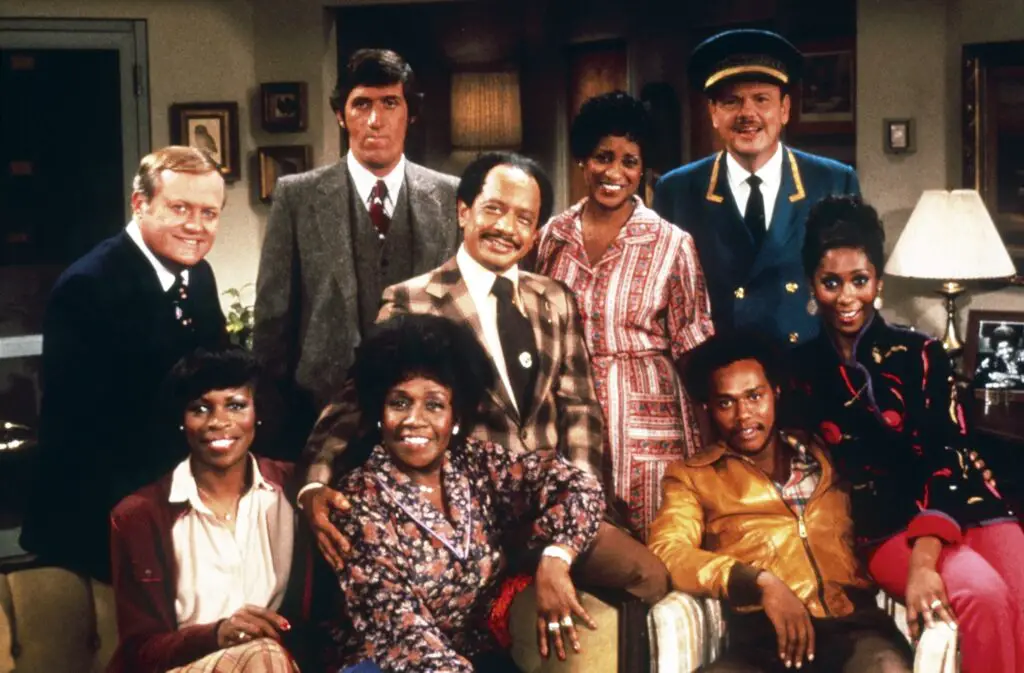
In a Black home, nobody goes hungry. If you show up at dinnertime, there’s a plate for you. Whether it’s family, a friend, or even a neighbor passing through, hospitality is second nature. Food is love, and sharing a meal is about more than just eating—it’s about connection. You might not have called ahead, but you’ll still get a spoonful of mac and cheese on your plate.
This tradition means that gatherings are always filled with warmth, laughter, and enough food to feed an army. It also teaches a deep sense of generosity—helping others whenever possible, even in small ways. No one needs to ask; it’s just understood. That’s why even today, many people still carry that habit of offering food first before anything else.
4. “You Got McDonald’s Money?”

If you grew up in a Black household, you already know the answer to this rhetorical question. It’s a firm “no,” usually delivered with a raised eyebrow. The moment you got bold enough to ask for fast food instead of whatever was at home, you were met with this response. It wasn’t just about the money—it was a lesson in appreciation and priorities. If there was food at home, that’s what you were eating.
It also taught resourcefulness. Leftovers could be transformed into something new, and snacks weren’t a replacement for a real meal. And once you started making your own money, you realized just how right they were—fast food adds up quick. So now, when kids ask you for McDonald’s, you just might hear your parents’ voice coming out of your own mouth.
5. Don’t Leave the House Looking Any Kind of Way
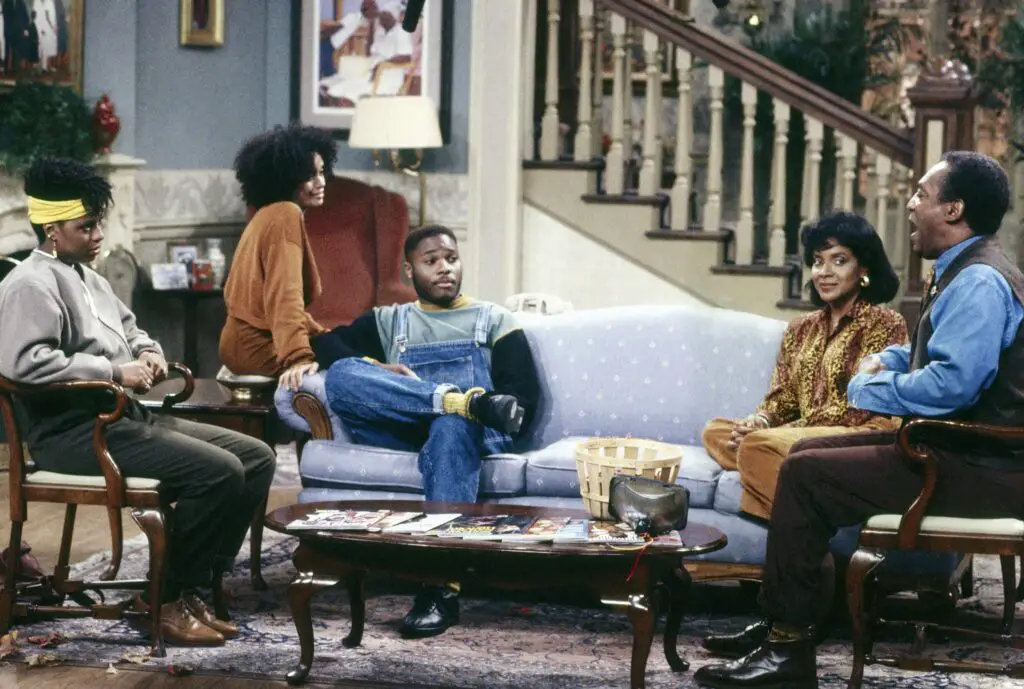
Presentation matters, and it’s something Black families emphasize without ever having to say it outright. Before leaving the house, you were expected to be neat, clean, and put together. No wrinkled clothes, no messy hair, and definitely no “just rolling out of bed” look. It wasn’t about vanity—it was about pride.
That expectation extends beyond appearances. It’s about carrying yourself with dignity in all spaces. Whether heading to church, the grocery store, or a family function, you represented more than just yourself. It’s a lesson in self-respect that sticks for life.
6. Don’t Embarrass the Family in Public
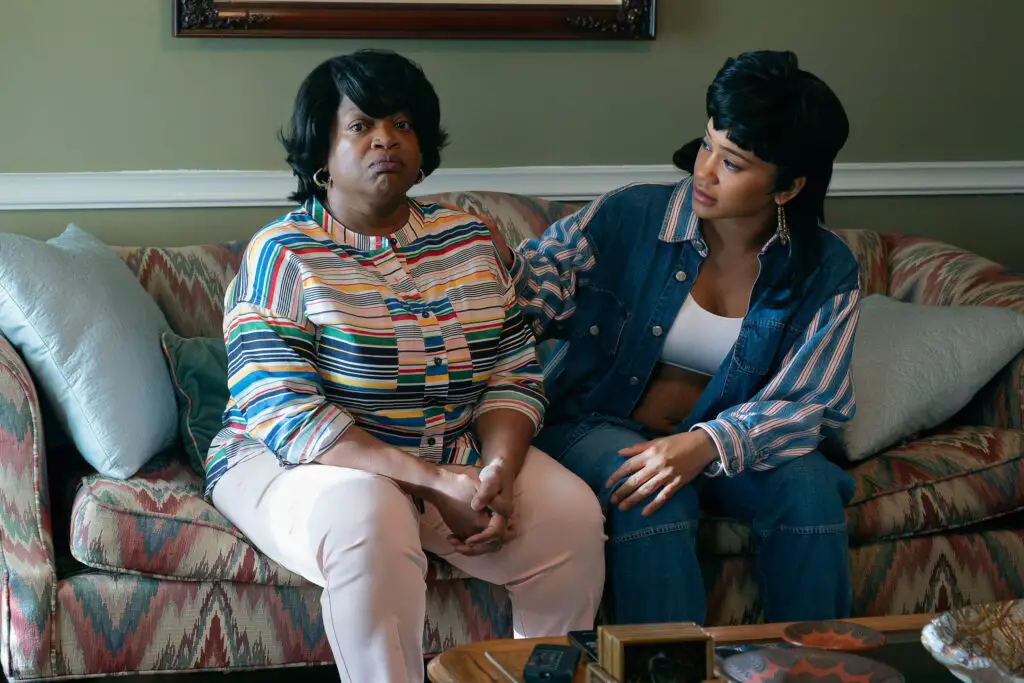
Every Black child knows the silent warning that comes from a single look. Acting up in public was simply not tolerated. If you so much as thought about throwing a tantrum in the store, the response would be swift and decisive. Parents didn’t have to say a word—just a glance or a slight shift in tone was enough.
This lesson wasn’t just about discipline; it was about knowing how to conduct yourself in different spaces. You learned early that your actions reflected your family, and that carried over into school, work, and social settings. It built an awareness that showing out in the wrong way could have consequences. And if you ever forgot? That car ride home was a reminder you wouldn’t soon forget.
7. The Art of the Side Eye
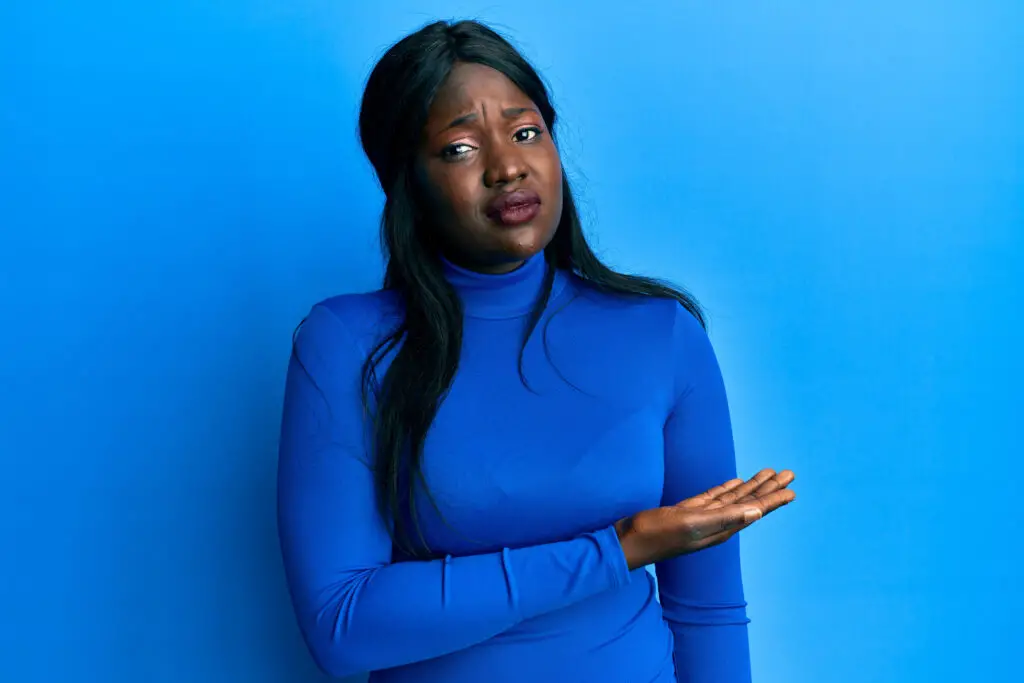
Sometimes, words aren’t necessary. Black families have perfected the art of nonverbal communication, and nothing is more powerful than the side-eye. It can mean anything from “don’t even think about it” to “I see what you’re doing, and I don’t approve.” It’s a universal language understood across generations.
It’s a skill passed down, teaching kids to pick up on context and body language. The ability to read a room and understand unspoken messages is invaluable. You learn when to stop, when to adjust, and when you’ve definitely crossed the line. It’s a subtle but effective way of keeping order without saying a word.
8. The Church Fits Are Sacred
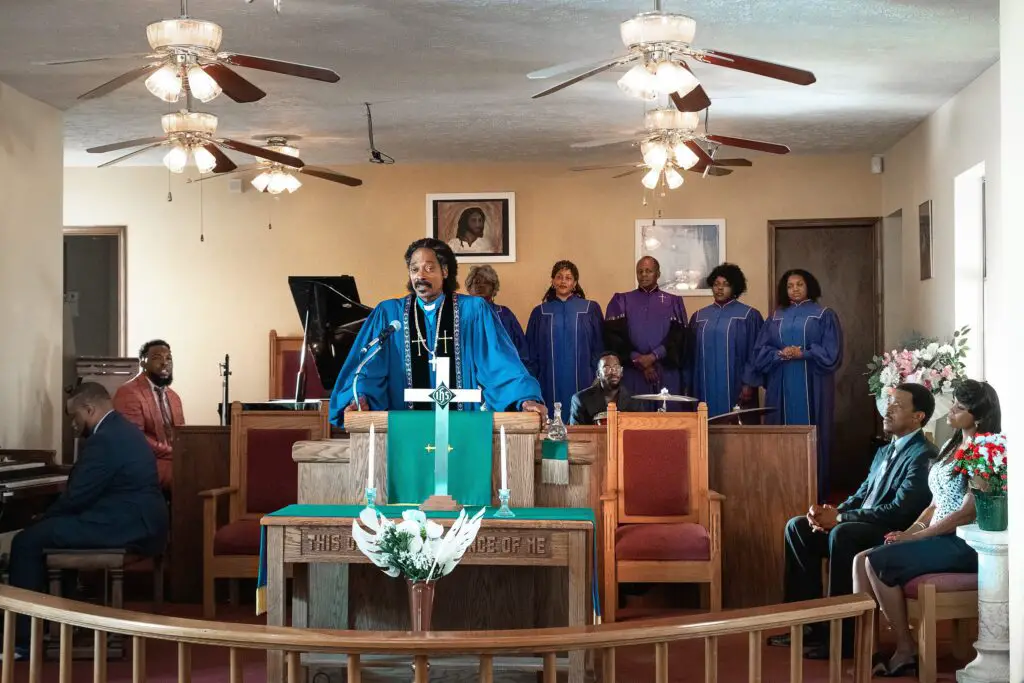
Sunday mornings meant one thing: looking your absolute best. Church clothes were separate from regular clothes, and they were always immaculate. Shoes polished, hair done, and an outfit that showed effort—it was a full production. You didn’t just roll into service; you arrived looking like you respected the occasion.
Even outside of church, this tradition instilled the importance of dressing for the moment. Whether it was a wedding, funeral, or graduation, you showed up looking like you belonged. It wasn’t just about clothes; it was about showing pride in how you carried yourself. And even today, many still take that extra step to be sharp when it matters most.
9. Family Isn’t Just Blood
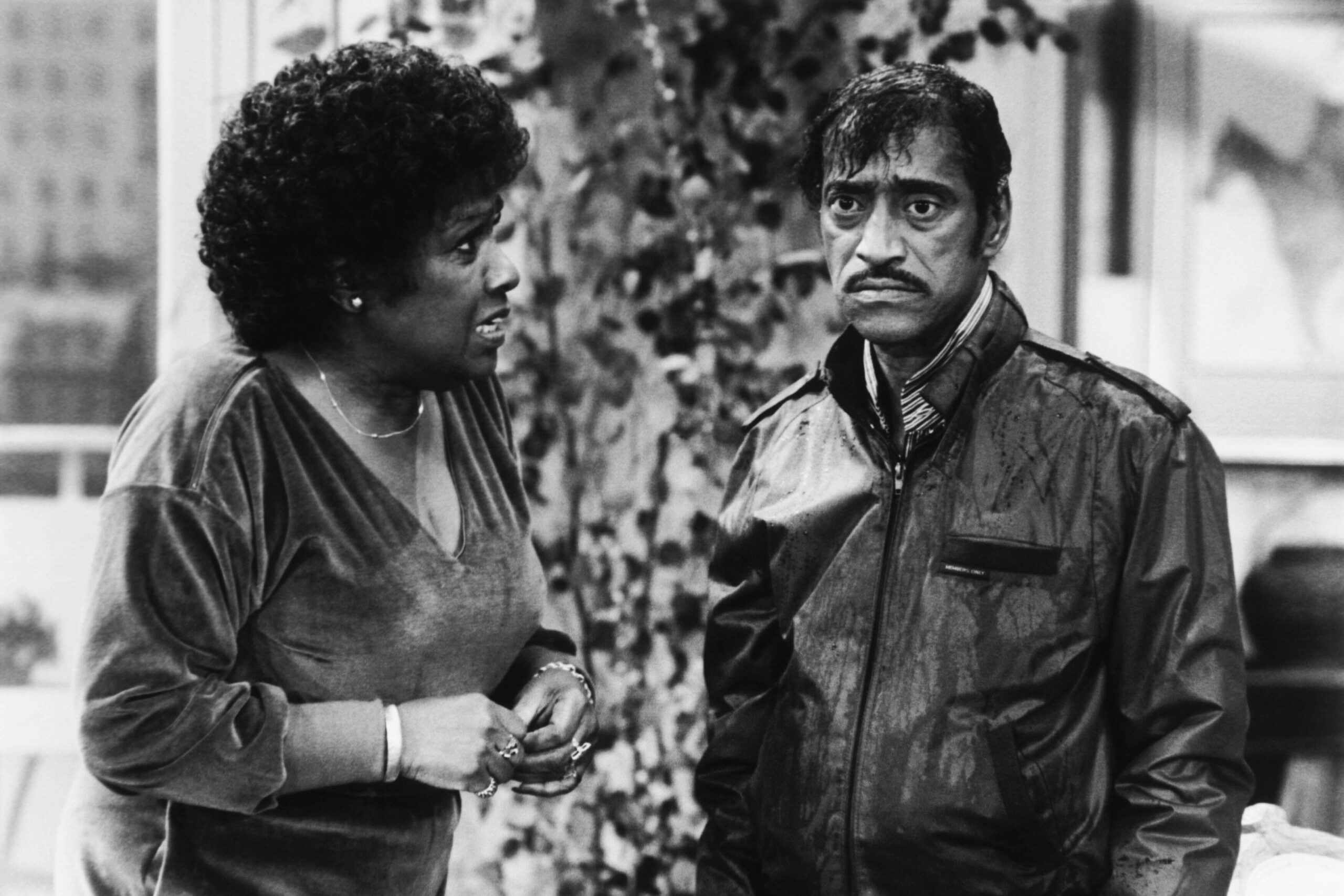
Black families have a way of making everyone feel like family. “Cousin” isn’t always a biological relation, and “Auntie” might just be your mom’s best friend. This sense of extended family means there’s always someone looking out for you. Whether it’s a neighbor, a church member, or a longtime friend, the village mentality is strong.
This creates a deep sense of community. You grow up knowing that family is about love, not just genetics. It also means you have a support system beyond immediate relatives. No matter where you go, you can always find your people.
10. The Kitchen Is Sacred Ground
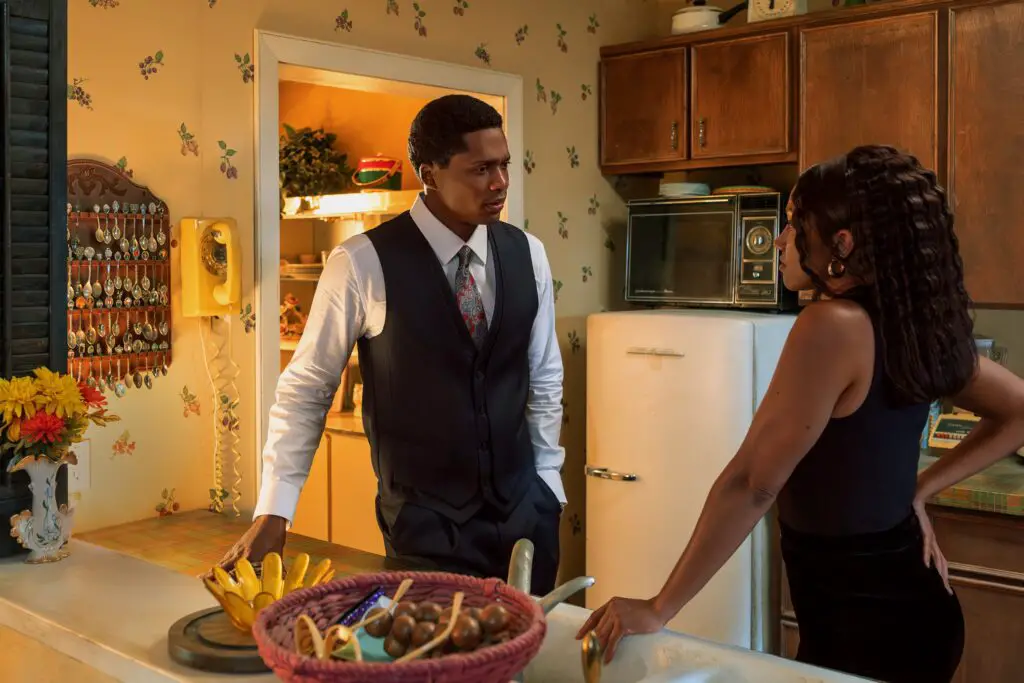
Not just anyone is allowed in the kitchen when the cooking is happening. If Big Mama was working on Sunday dinner, you didn’t just wander in uninvited. Cooking is an act of love, and it’s also serious business. The rules are simple: stay out unless you’re helping, and don’t touch anything before it’s done.
This tradition ensures that meals are prepared with care and respect. It also passes down culinary skills from generation to generation. When you finally earn the right to contribute, it’s a sign of trust. And once you’ve perfected a dish? You know you’ve truly arrived.
11. Watch Who You Call “Friend”
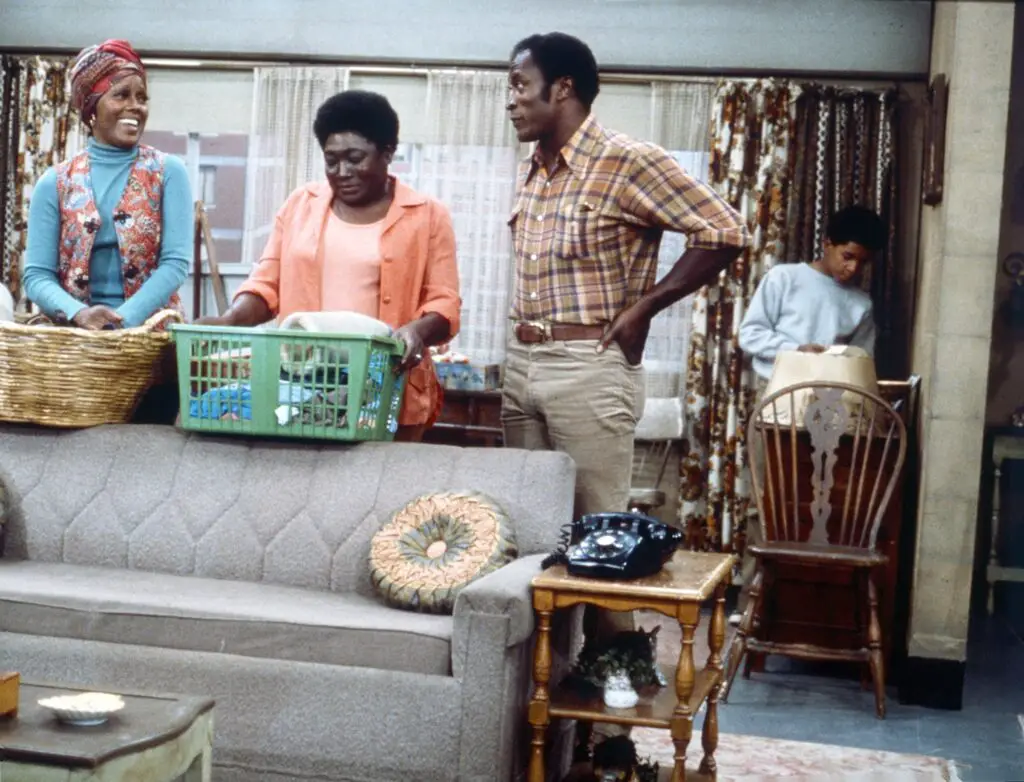
Not everyone is meant to be in your inner circle, and Black parents made sure you knew that early. “That’s not your little friend” was the subtle way of saying, “Be careful who you trust.” Loyalty is important, but so is discernment. Not every playmate is a lifelong friend, and not everyone has good intentions.
This unspoken lesson teaches boundaries and emotional intelligence. You learn to recognize genuine friendships versus surface-level ones. It’s a reminder that protecting your energy is just as important as giving love. And as you get older, you realize how right they were.
12. You Better Speak When You Walk Into a Room
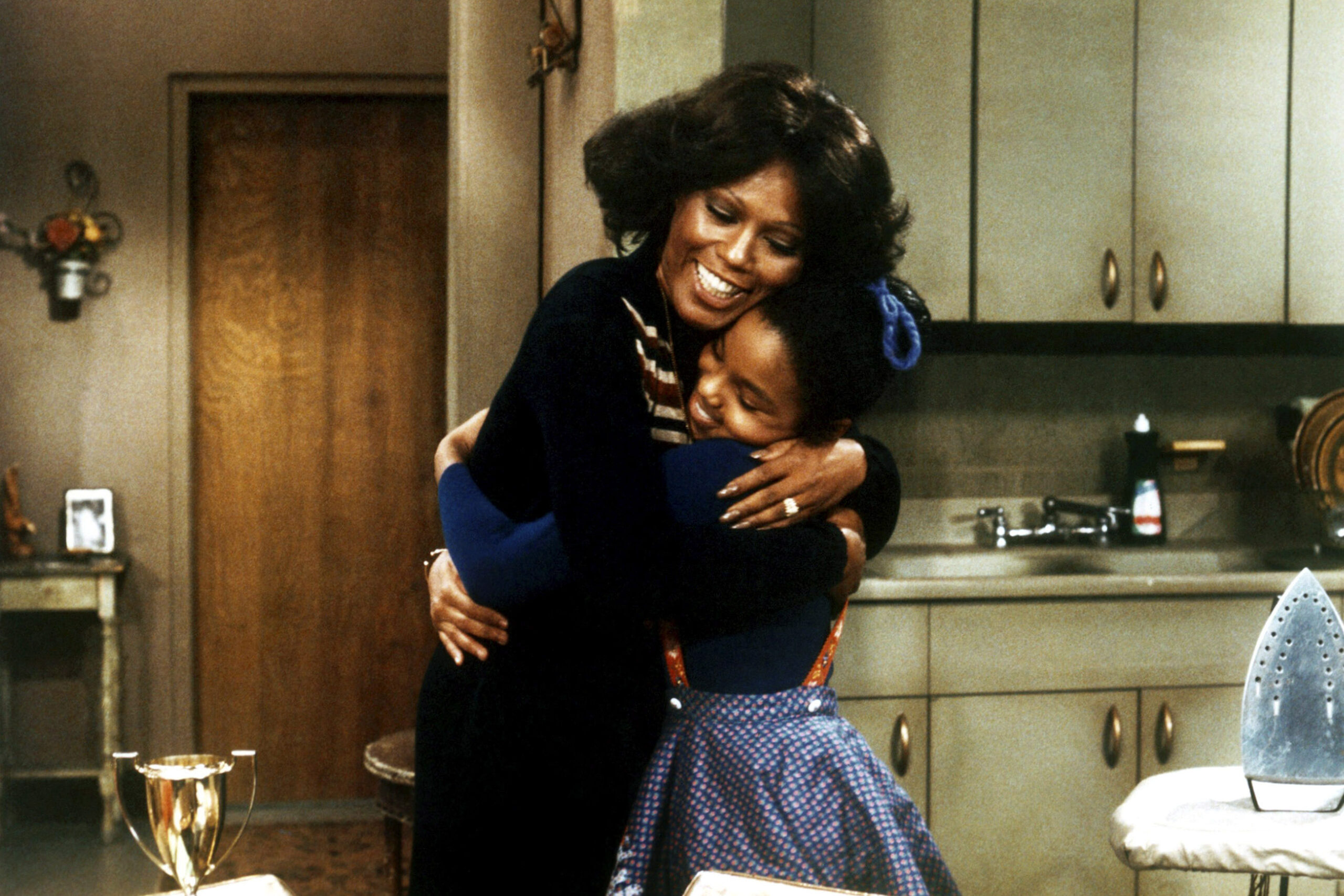
Walking into a room and not speaking? That’s a surefire way to get called out immediately. Black families expect kids—and adults—to acknowledge everyone when they enter a space. A simple “Good morning” or “Hey, y’all” isn’t just polite; it’s a sign of respect. Ignoring people, even unintentionally, is seen as rude and dismissive.
This small but powerful rule teaches social awareness. It reminds you that acknowledging others fosters warmth and connection. It also instills confidence in navigating different spaces, from family gatherings to professional settings. Plus, if you forget? You’ll be reminded quickly, and probably not gently.
13. Clean the House Before You Relax

Saturday mornings in a Black household often started with music blasting and the smell of cleaning products. You weren’t fully awake before you were handed a broom or a rag. There was no lounging around while the house was messy. The rule was simple: you relax when the work is done.
This tradition instilled a strong sense of responsibility. It wasn’t just about keeping a clean home—it was about discipline and pride in your environment. It also reinforced the idea that shared spaces are everyone’s responsibility. And as much as you might have grumbled about it as a kid, that habit of cleaning before resting follows well into adulthood.
